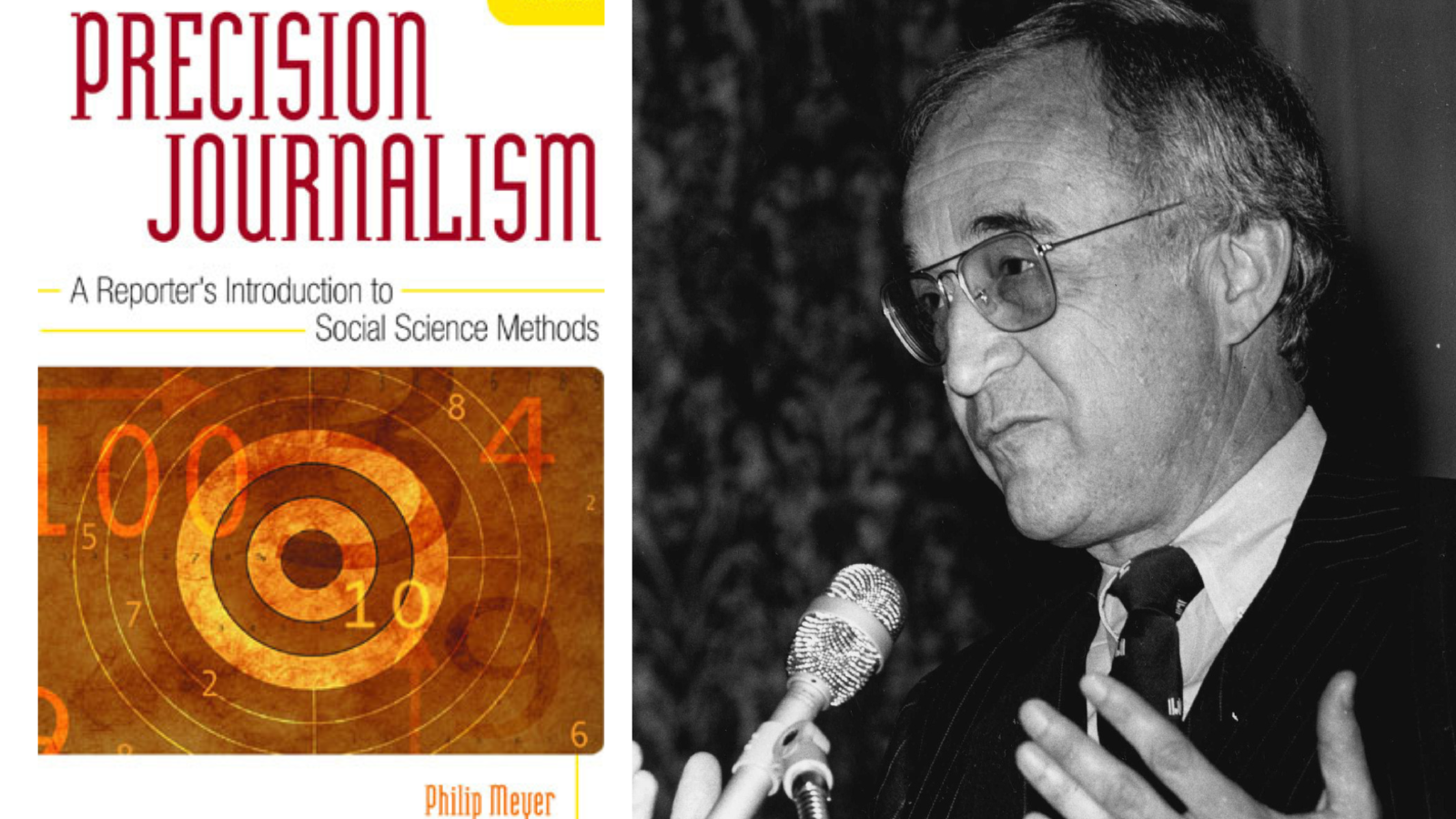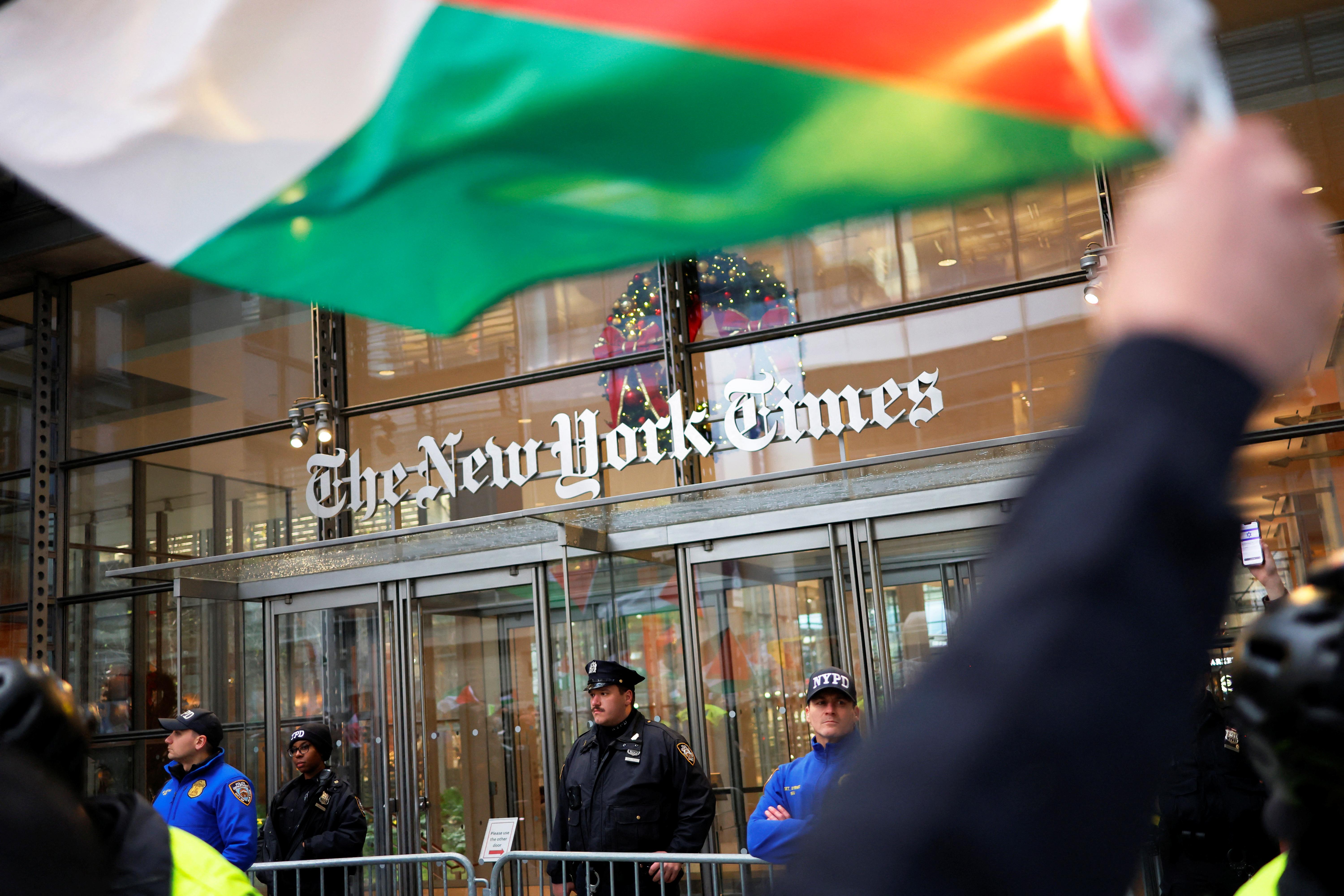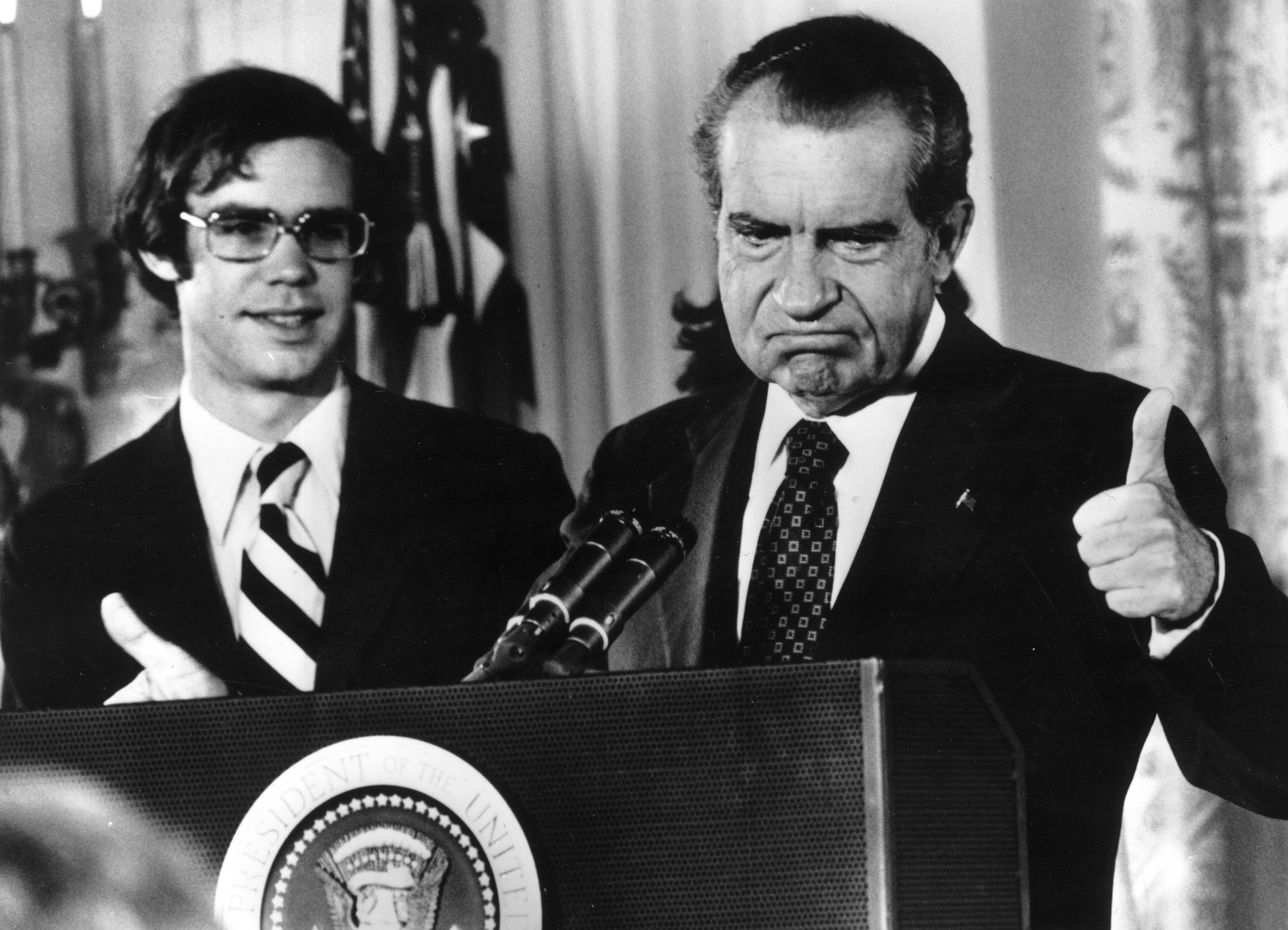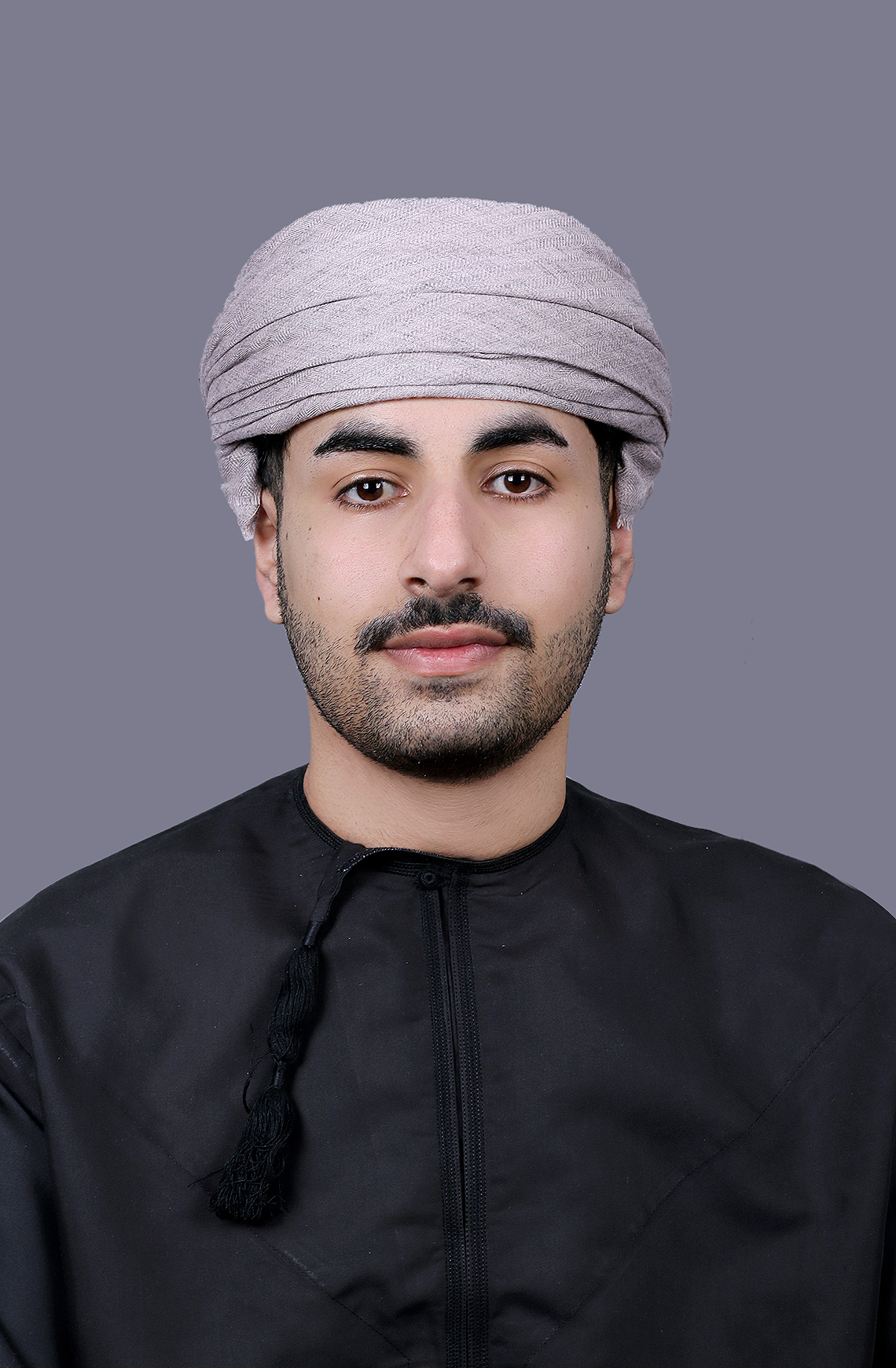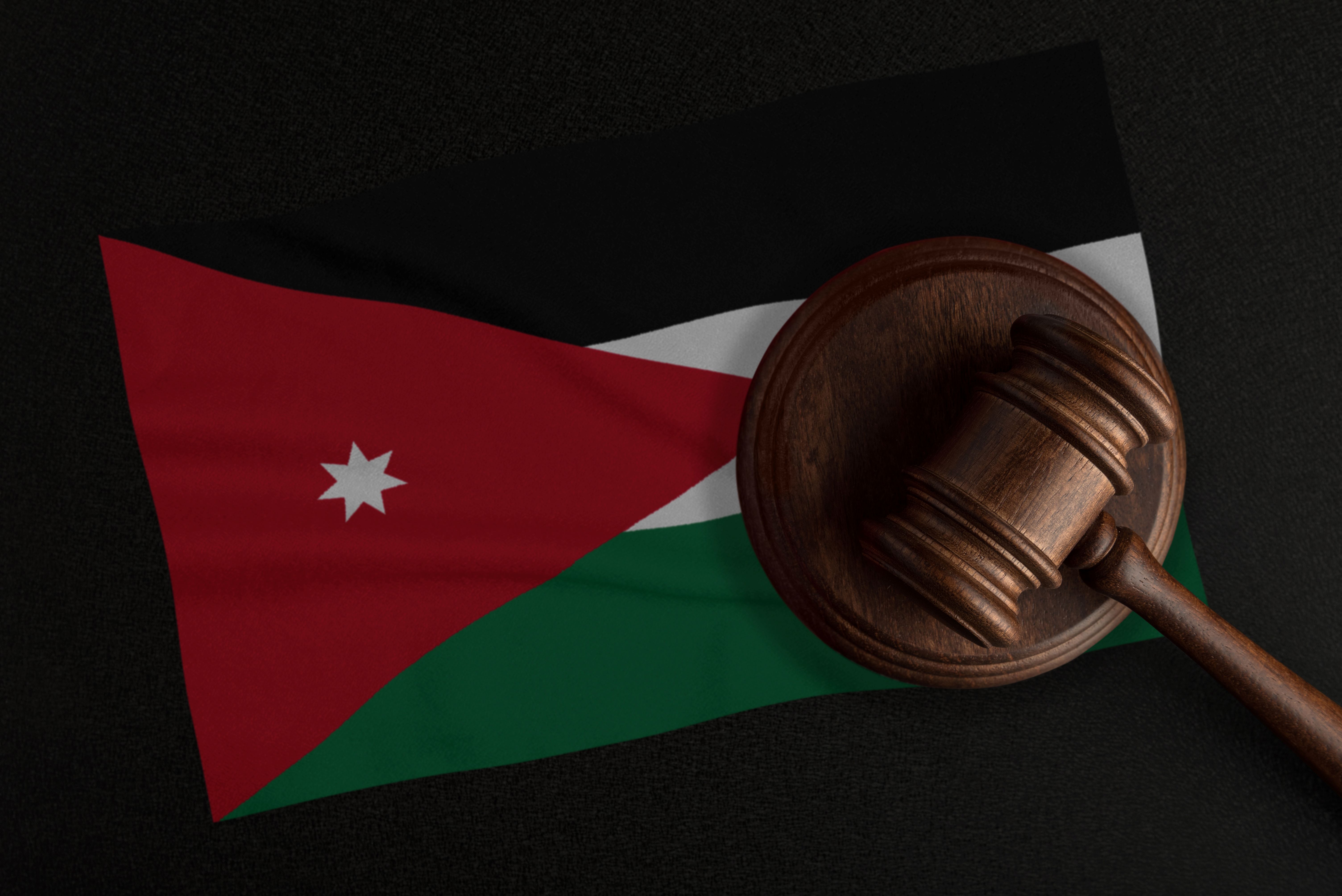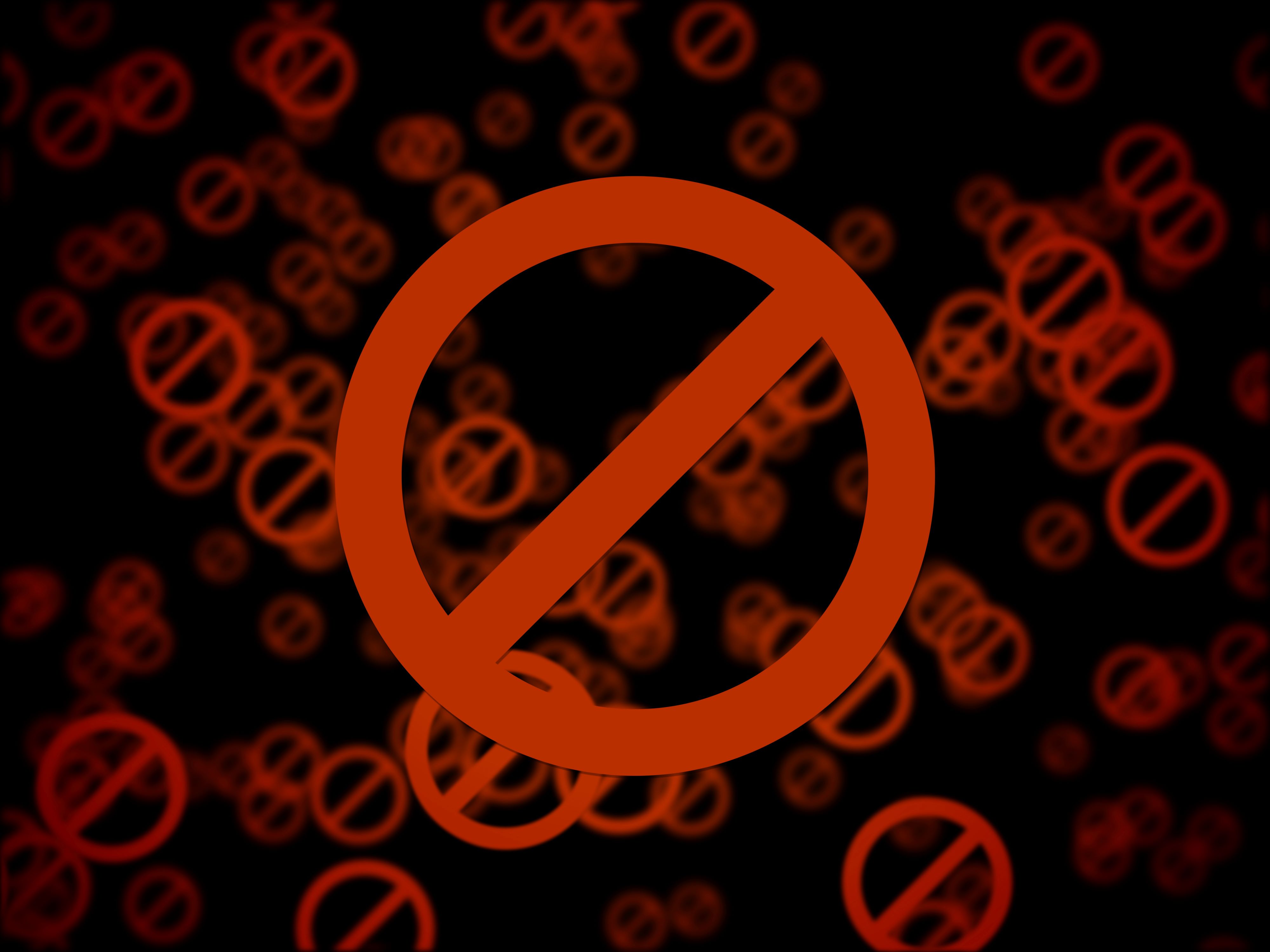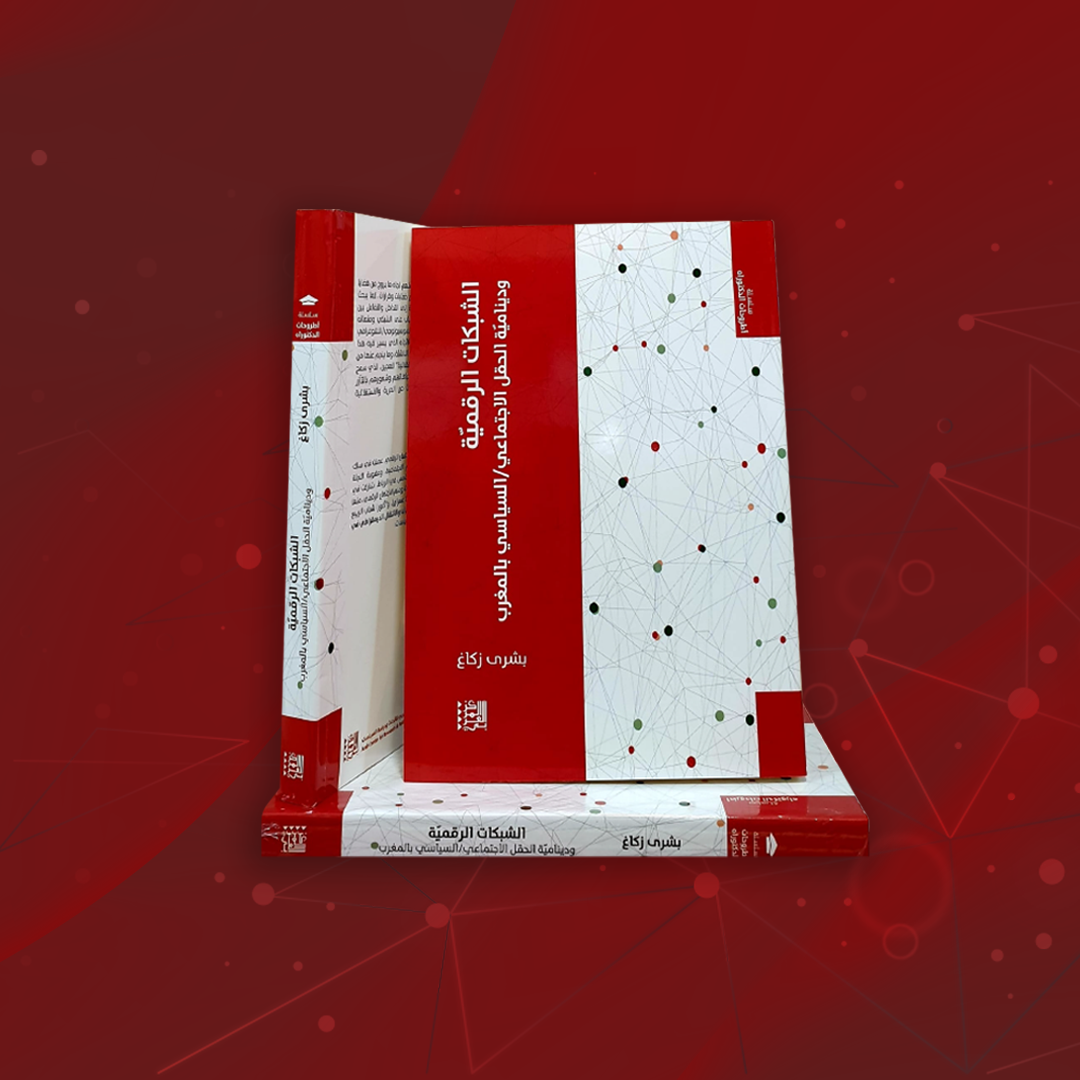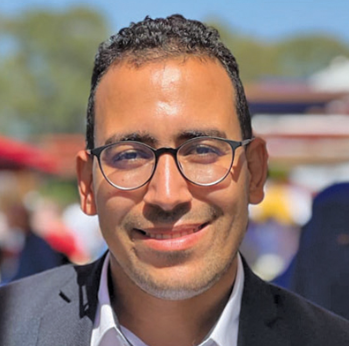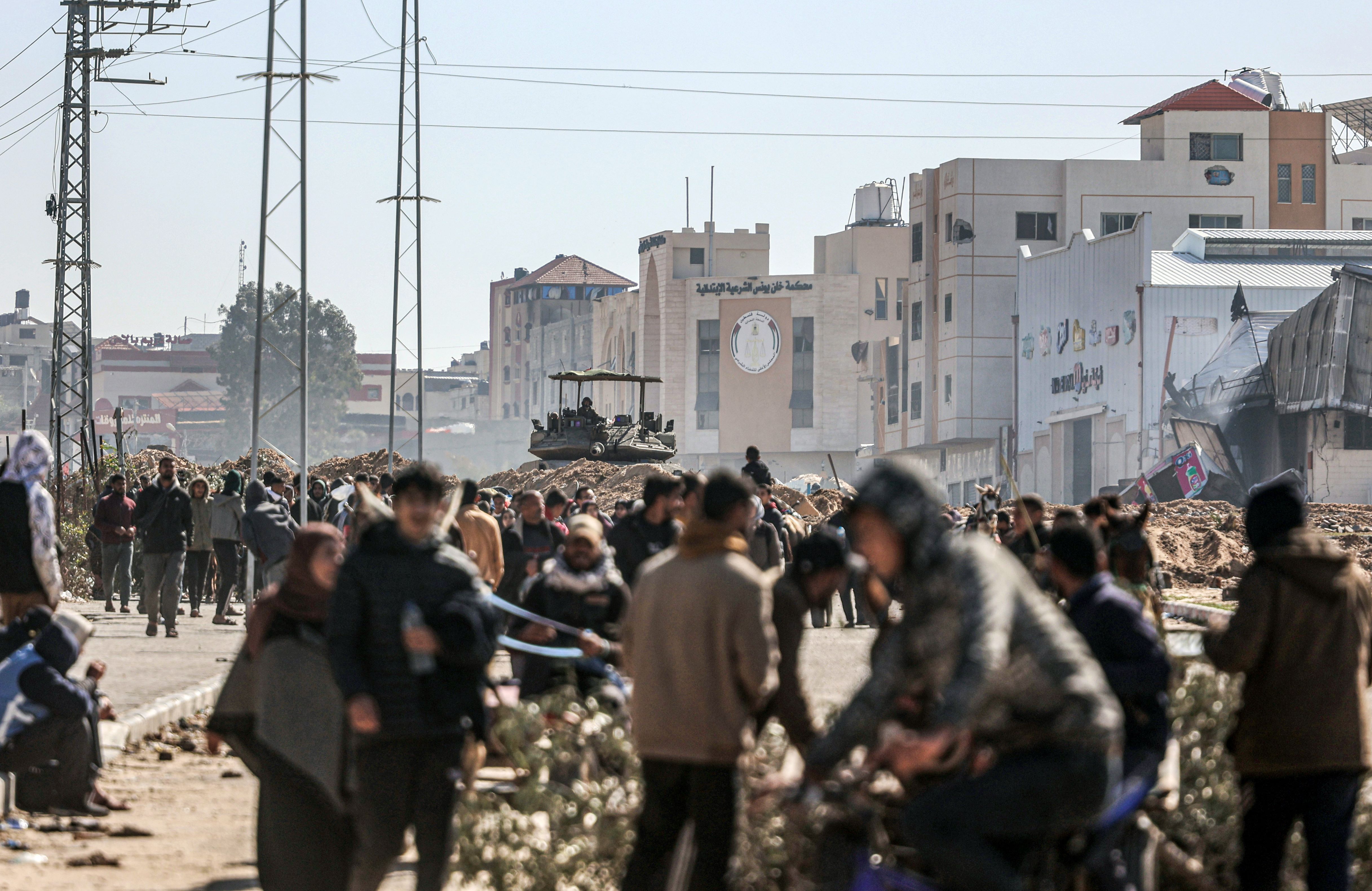As international media push for access to Gaza, Palestinian journalists—who have been the primary voices on the ground—criticize their Western counterparts for failing to acknowledge their contributions, amplify their reports, or support them as they risk their lives to document the war. They face systemic bias and exploitation and continue to work under extreme conditions without proper recognition or support.
Recently, over a hundred journalists associated with various international media outlets sent a letter to Egyptian authorities requesting access to Gaza through the Rafah border crossing. These include signatories from major U.S. and European outlets, the so-called “Western media.” However, even if these journalists are given access and parachute into Gaza soon, they will still need to rely on local journalists and producers for linguistic and cultural expertise to navigate and accurately report from a foreign field.
Global news agencies recognise that, amid Israel’s genocidal war on Gaza—where foreign journalists are currently banned by both Israel and Egypt—Palestinian journalists have been the primary source of information for the world. Yet, despite their critical role, Gazan journalists' contributions remain largely unacknowledged by their Western counterparts, who have remained eerily silent on Israel’s targeting of Palestinian reporters. This lack of recognition has led critics to question whether Western media truly values Palestinian journalists.
This sentiment was echoed by Abubaker Abed, a Palestinian journalist from Gaza, who spoke on behalf of his colleagues at a press conference outside Al-Aqsa Martyrs Hospital in Deir al-Balah in January 2025: "We have been let down by the international community, particularly the international media organisations."
Overarching Sentiments of Being let Down by Western Media
“The journalists’ committee has failed us by not creating more media pressure to be in Gaza,” says Shrouq Al Aila, a producer, journalist, and researcher from Gaza. Shrouq, who received the 2024 International Press Freedom Award from the Committee to Protect Journalists (CPJ), emphasises that the presence of international journalists could offer a level of security to Palestinian reporters, who are systematically targeted by Israel for their work.
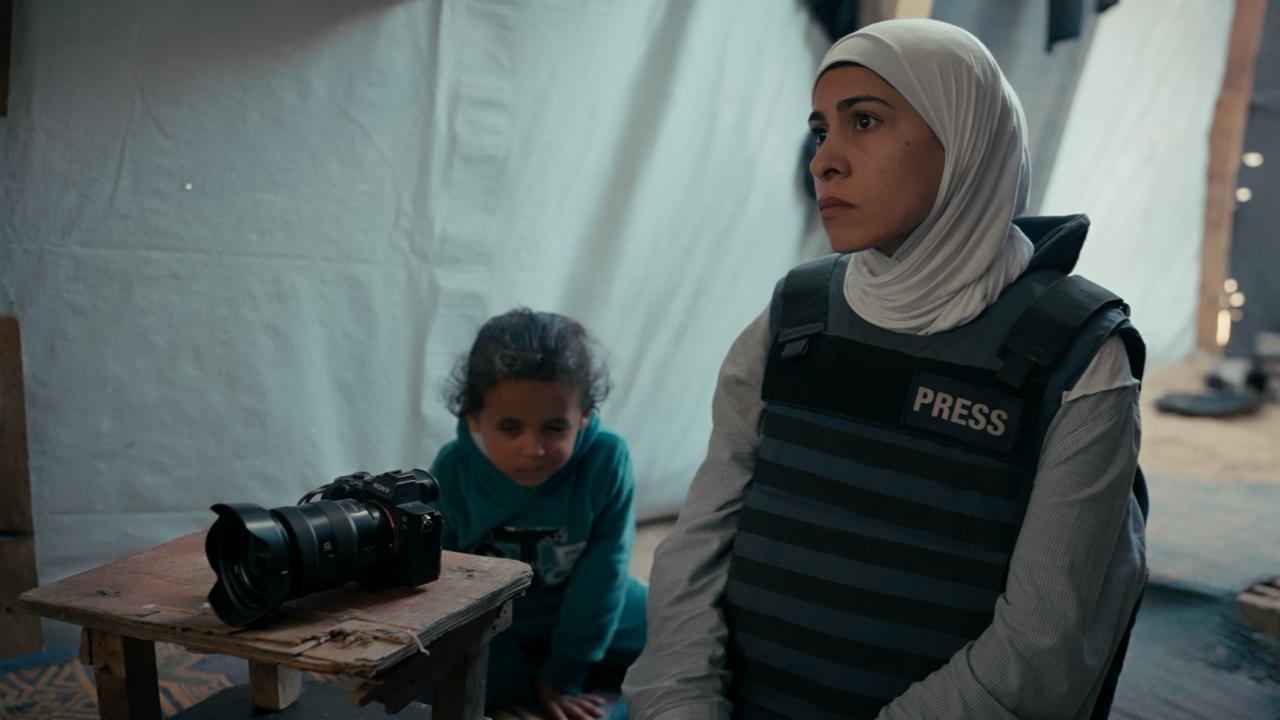
Yet she finds their absence deeply frustrating. “If there’s one thing international media can do to fix this, it’s to quote us in their reporting and reaffirm what we are sharing—because we are the sources. Otherwise, they should be here among us and be the sources themselves,” she says. Shrouq’s statement highlights a troubling reality in conflict reporting, particularly by Western media, which often operates with a "colonial suspicion" that questions the credibility of non-Western journalists.
Rita Baroud, a journalist and correspondent from Gaza City who has written for several European publications, is even more critical: "They don’t care about the truth as much as they care about what their people need to hear." She recounts how her work has repeatedly been edited to remove terms like “genocide” or “war on Gaza”—phrases that reflect her lived experience as a journalist in the besieged enclave. She questions whether Western journalists must enter Gaza after fifteen months of Israel’s genocidal war on the besieged enclave since Palestinian journalists have already done their best to document the atrocities inflicted upon them. However, she points out, “Maybe if they come here and see it for themselves, they will finally believe it’s true.”
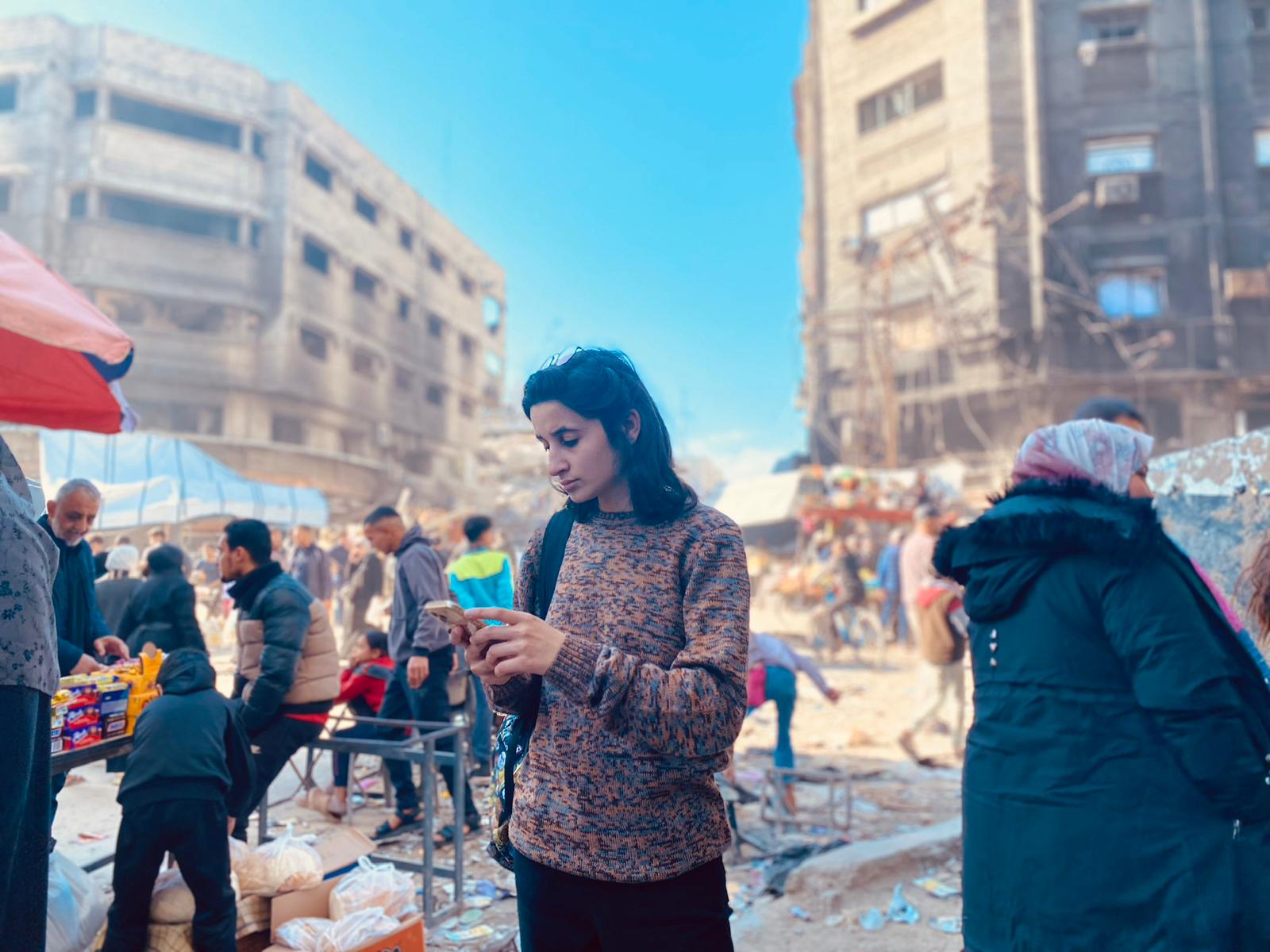
Rita’s views indicate how local journalists are often deprived of editorial control over stories that affect them the most to fit the Western narrative. It is important to highlight that Western media has been heavily criticised for its biased coverage of the war in Gaza, with employees of media organisations like CNN and BBC themselves exposing organisational pro-Israel bias.
Unequal Power Dynamics
Israel’s war on Gaza and the essential role of local Palestinian journalists in documenting it professionally, despite the absence of (largely Western) foreign correspondents, have exposed the way local journalists in conflict zones are consistently marginalised in global conflict reporting. The political economy of conflict journalism renders local reporters essentially invisible to a global audience and obscures their labour. However, since October 2023, local Palestinian journalists have gained the visibility they deserve for their reporting on social media platforms. This has the potential to challenge the long-standing unethical exploitation of local journalists in conflict zones, for example, with lesser pay as compared to foreign correspondents despite doing the lion’s share of the reporting work and not receiving recognition for their journalistic labour.
“They have no privilege over me to be the writer or the holder of the news. I can help them. I'm happy to help anyone in the world, but do not tell me to do much of the reporting, and then you can put your name. That's going to be completely unacceptable," says Abubaker on the issue of local journalists putting in their hard work into collaborative reporting assignments only to have a foreign correspondent take all the credit for the story.
For Suhai Nassar, an award-winning photojournalist from Gaza, credits don’t matter as much personally. However, he adds, "Credit (in journalism) is a way to get new jobs, get new projects, and get more people to know you and your work. It’s important to succeed in life.” Suhail also mentioned that he stopped working with multiple clients who didn’t give him credit for the footage he sent them upon discovering that his footage had been used to further the media organisations’ own agenda instead of documenting reality. “They used my footage against my case,” says Suhail. The absence of recognition through a byline—and occasionally even a formal contract—provides local journalists with minimal options to address deceitful practices that could jeopardise their safety and damage their credibility within their communities and with their sources.
Abubaker also emphasises the stark contrast in the remuneration received by local journalists in comparison to what is paid to their Western colleagues. “If a foreign journalist is entering Gaza, they will be paid around a thousand dollars per day. Meanwhile, journalists who had to pay exorbitant prices to provide their families or themselves with basic necessities are paid around one hundred dollars per day to live,” says Abubaker. Before the current ceasefire, prices of basic commodities had quadrupled, increasing financial strain on families. Abed adds, “International media agencies have always been aware of this, yet they never cared. They continued paying the same rates as before, despite the worsening conditions.”
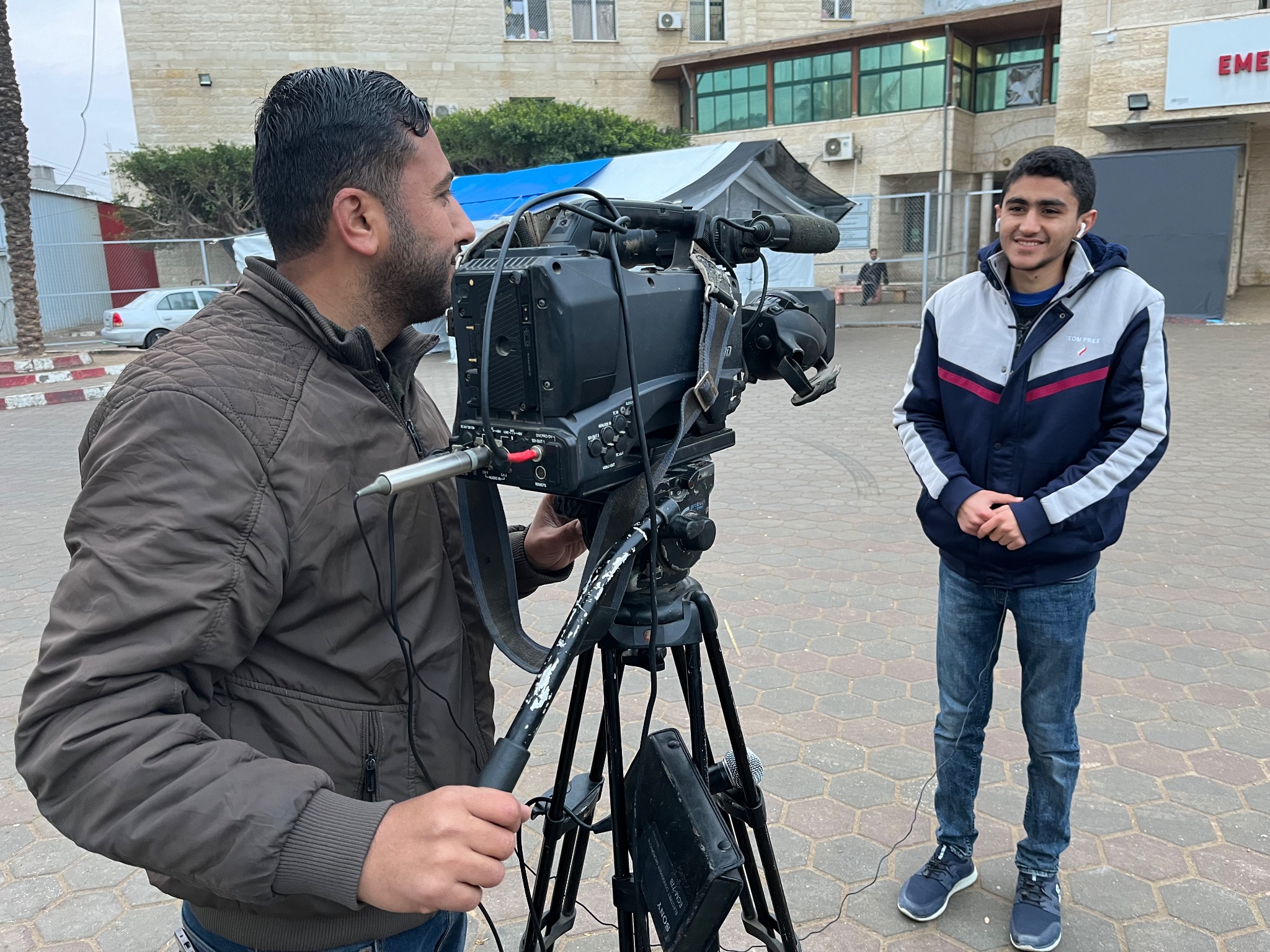
Challenges Faced by Palestinian Journalists
It is important to bear in mind that Palestinian journalists are also living through the war they are documenting. This cannot be compared to the performance of simple journalistic labour but also extends to emotional labour in journalism. “I have to put on the night guard (a protective dental device) when I sleep at night, so I don’t clench my jaws from the stress that my reporting jobs cause. I always have a headache,” says Rita, who started writing for foreign newspapers since the beginning of the war.
Suhail, the photojournalist who recently returned to North Gaza, recounts being injured during one of his reporting assignments. "Thankfully, I was close to hospital premises, so I was able to get some immediate medical attention. I have a shrapnel injury on my left leg and have difficulty hearing with my left ear," says Suhail.
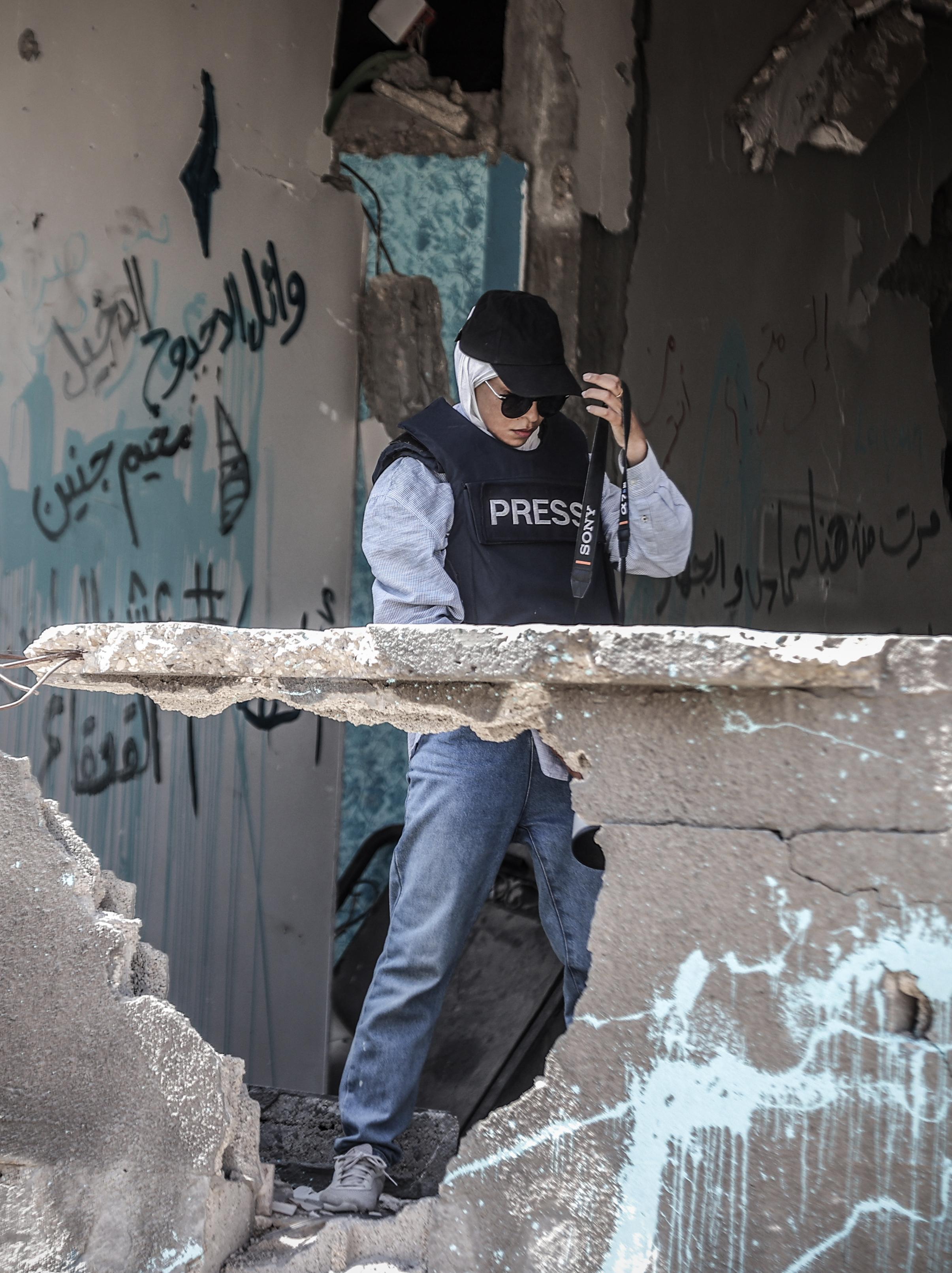
For Shrouq, who lost her husband, journalist Roshdi Sarraj, in an Israeli airstrike in October 2023, one of the greatest challenges has been balancing her work with the realities of single parenthood. “There is no privacy to even grieve or break down,” she says, now sharing a tent with several family members after being forcibly displaced. Beyond the emotional toll, she also struggles with the lack of basic journalistic equipment, such as microphones, due to Israel’s restrictions on electronic goods entering Gaza.
Journalists in Gaza have continued their reporting through blackouts with no electricity. “I have had to walk kilometres on several occasions just to find stable internet to file a story because I did not have the money to pay for a car or an animal-drawn cart for transportation,” says Abubaker Abed. He indicates that journalists are often expected to meet reporting expenses from their own pocket by the foreign media organisations they work for, despite struggling financially.
For the past fifteen months, Palestinian journalists have reported from the frontlines, documenting unprecedented levels of destruction, working under inhumane conditions, and bearing witness despite being consistently targeted by the Israeli military. According to a new report by the Committee to Protect Journalists, Israel has killed two-thirds of all assassinated journalists in 2024, the deadliest year for reporters around the world. In this scenario, foreign media organisations need to take a hard look at their ethical obligations towards Palestinian journalists they engage with.
“I have witnessed firsthand how local reporters risk their lives to document the truth, while many international media outlets either distort our reality or ignore it altogether,” says Shrouq. “Our role is not just to provide footage or testimony that fits into Western narratives, but to ensure that Palestinian voices shape the story on our own terms,” she adds.




